Fortinet Acquires Next DLP Strengthens its Top-Tier Unified SASE Solution
Read the release

Companies with customers in the European Union (EU) need to understand the measures in place that regulate the use of personal data. The EU takes the privacy of personal information seriously and affords its citizens more protection than in virtually any other area of the world.
In this post, we will answer the question of what is GDPR and cover the basic details that organizations need to know to effectively meet the requirements.

Photo by Anna Shvets via Pexels
GDPR is the acronym for the EU’s General Data Protection Regulation. It is arguably the toughest set of privacy and security regulations in the world. Though it was developed to protect the EU’s citizens, it applies to any organization that collects data related to residents of EU countries.
The regulation went into effect on May 25, 2018. The impetus for its creation is concern for the privacy and security of personal data entrusted to organizations’ IT environments or associated cloud services. It is designed to limit the type of data collected and how it is used as well as provide citizens with rights regarding their personal data.
The GDPR does not only apply to companies located in the EU. The regulations apply in the following instances:
The foundation of the GDPR is built around seven data protection and accountability principles that need to be followed when processing personal data.
Six lawful reasons personal data can be collected and processed are defined in the GDPR. They are as follows:

Photo by Vlada Karpovich via Pexels
Data subjects have rights related to the collection of their personal data. EU citizens have the right to:
Substantial penalties can be imposed for non-compliance with GDPR. Penalties for severe violations can total up to 20 million euros or 4% of a company’s total global turnover from the previous year, whichever is greater. Less severe violations can cost up to 10 million euros or 2% of global turnover. In addition, a violation will result in reduced customer trust and may lead to lost business.
📰 Next was recognized as the Best Data Leakage Prevention (DLP) Solution in the SC Awards Europe 2023!
— Next DLP (@Next_DLP) June 22, 2023
Committed to reinventing data protection, we have made enhancements including Scoped Investigations, ChatGPT visibility, and integration with Splunk.https://t.co/JxK3Sor76X pic.twitter.com/K2IsSDdJbg
A data loss prevention (DLP) solution can help maintain GDPR compliance by enforcing a company’s data handling policies throughout the organization. A reliable DLP platform can ensure that sensitive data covered by GDPR is not accessed by unauthorized users or transmitted insecurely.
The Reveal Platform by Next provides customers with an advanced, cloud-based DLP solution that deploys next-gen endpoint agents powered by machine learning technology. The agents protect data without a connection to a separate analysis engine.
Reveal also supplies user training at the point of risk and helps increase the organization’s security IQ.
Get in touch with Next and book a demo to see this advanced DLP solution in action and learn how Reveal can help you comply with GDPR standards.

Photo by Erik Mclean via Pexels
No, American citizens are not protected by GDPR. The protections outlined in GDPR only apply to citizens of the European Union (EU). However, American companies can be subjected to penalties for non-compliance and not properly handling the personal data of EU citizens.
The largest fine to date for GDPR compliance was levied against Meta in May, 20203 by the Irish Data Protection Authority. The fine of 1.2 billion euros was issued following an inquiry into Meta’s handling of personal data in its Facebook service. The specific violation is related to the transfer of personal data to the U.S.
Each country in the European Union has a Data Protection Authority. A DPA is an independent public authority that administers the application of GDPR, protects the rights of individuals related to the processing of personal data, and manages breach reports. The DPA handles complaints regarding violations of the GDPR and provides advice to organizations and individuals on data protection topics.
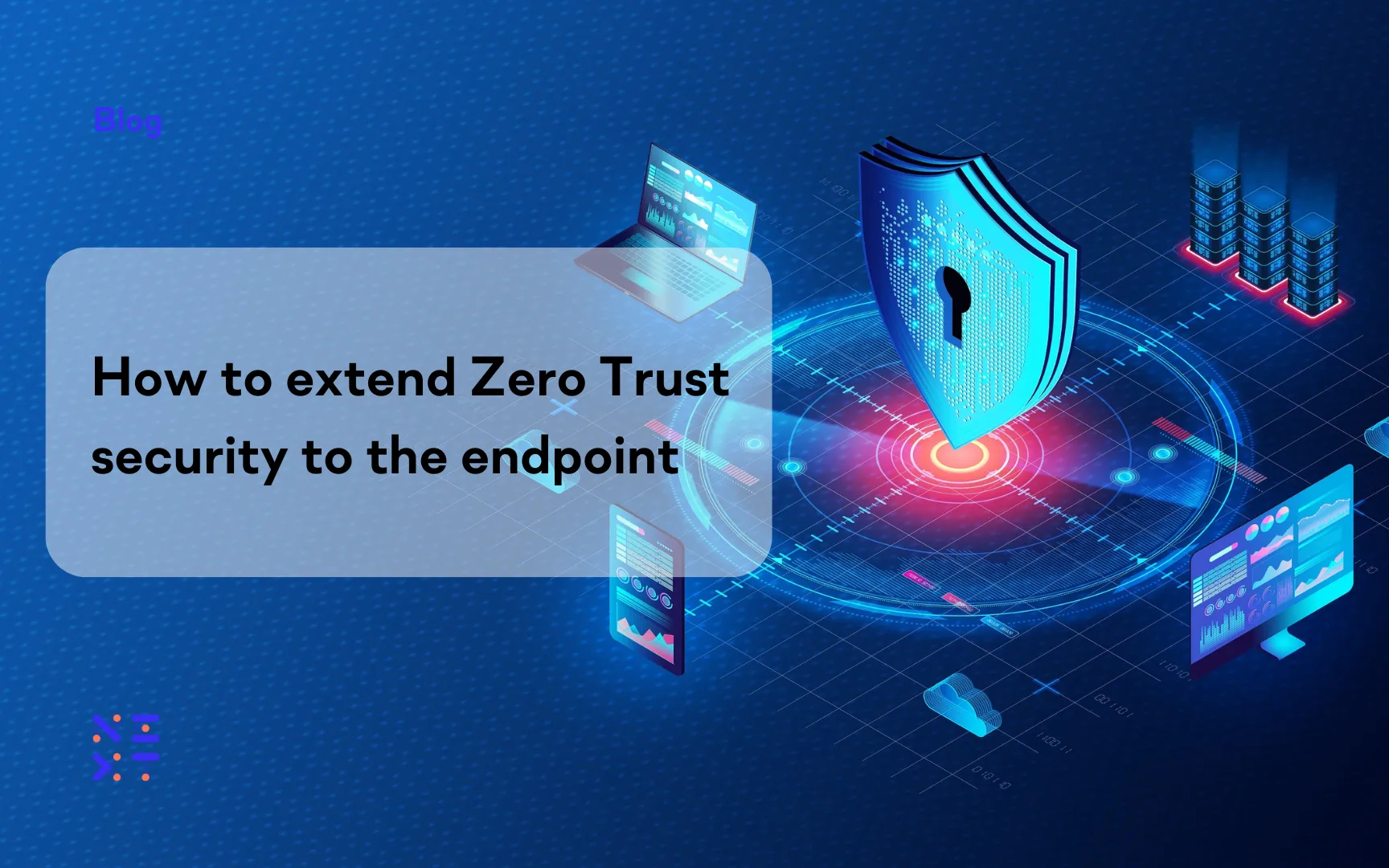
Blog
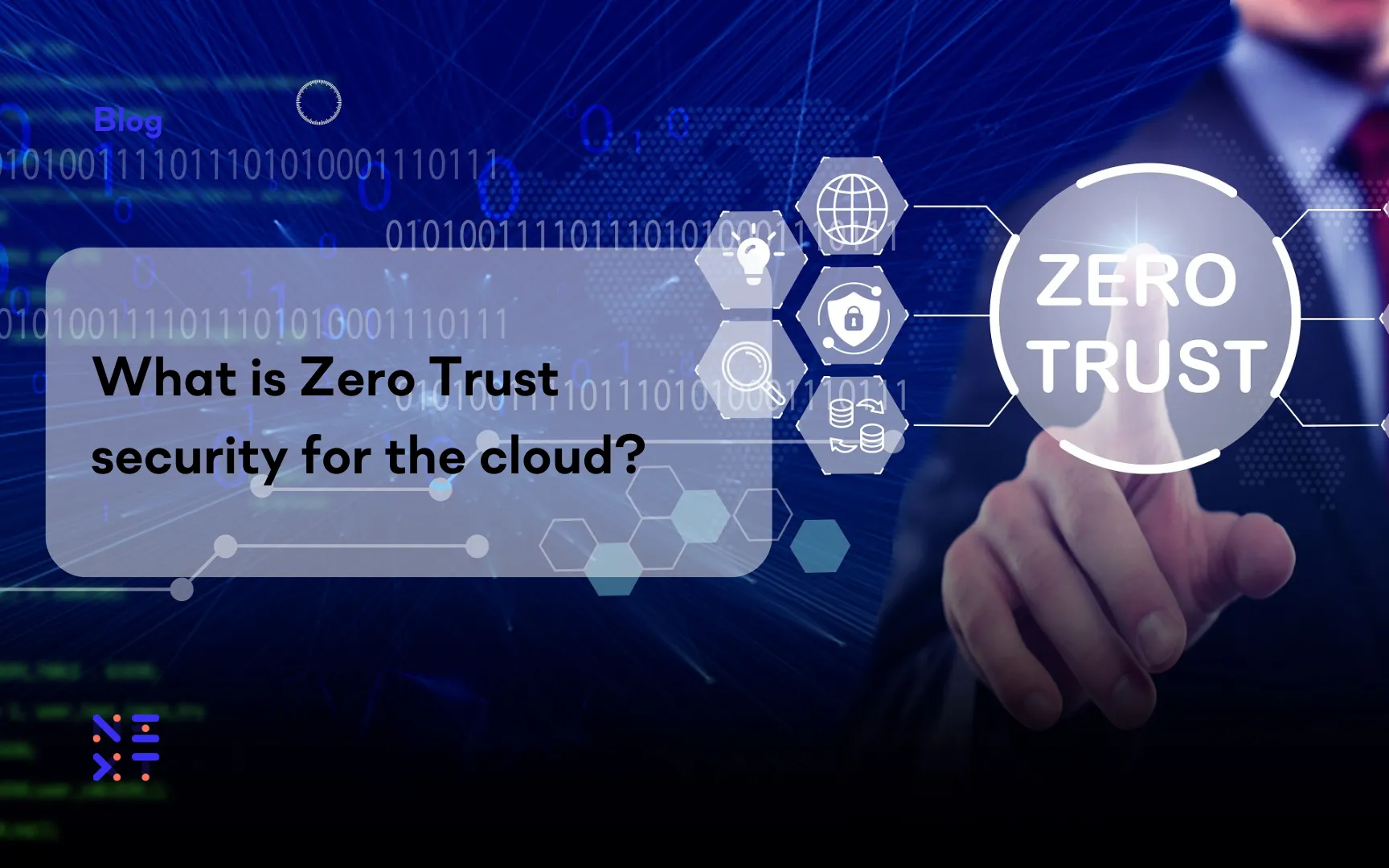
Blog
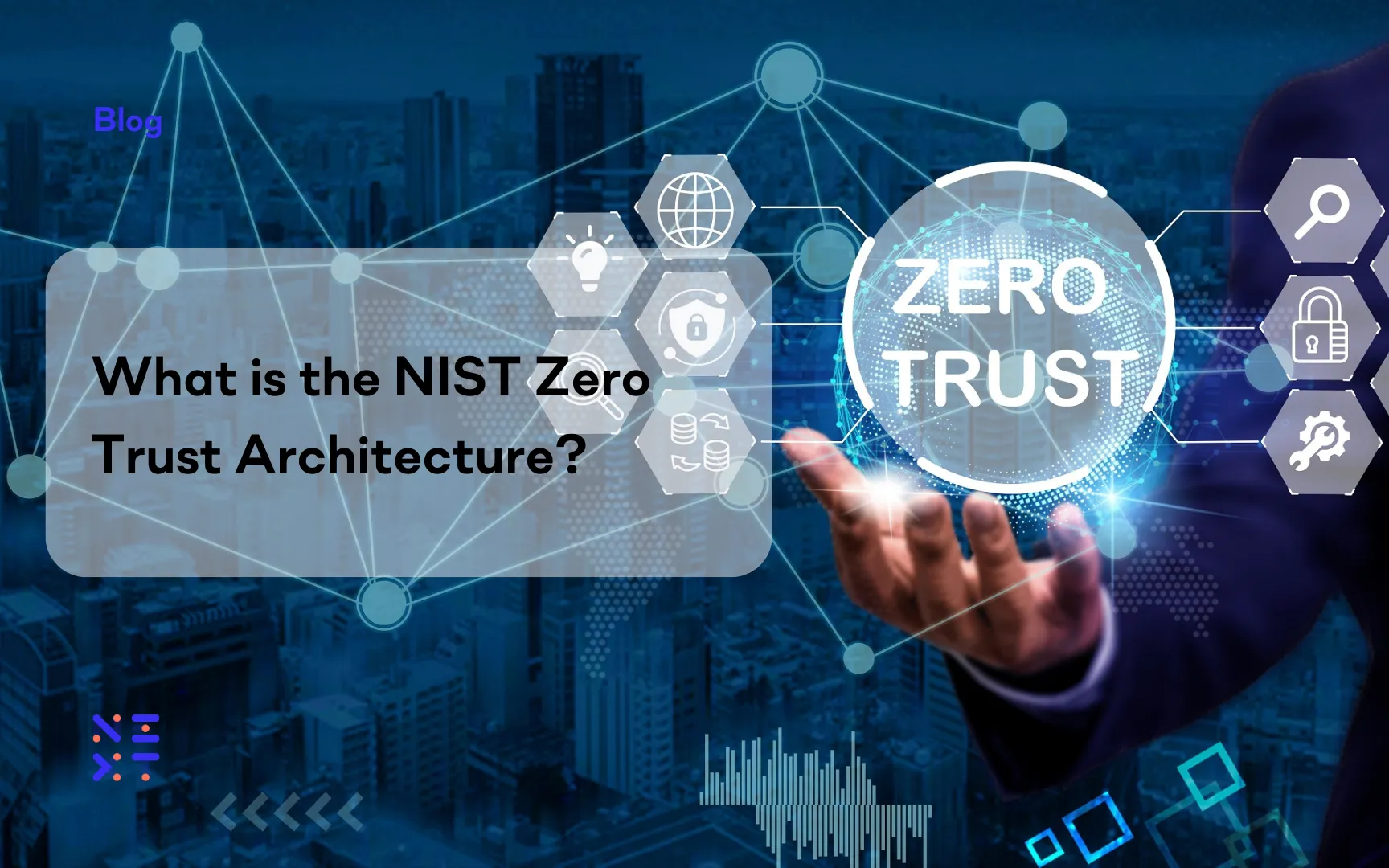
Blog
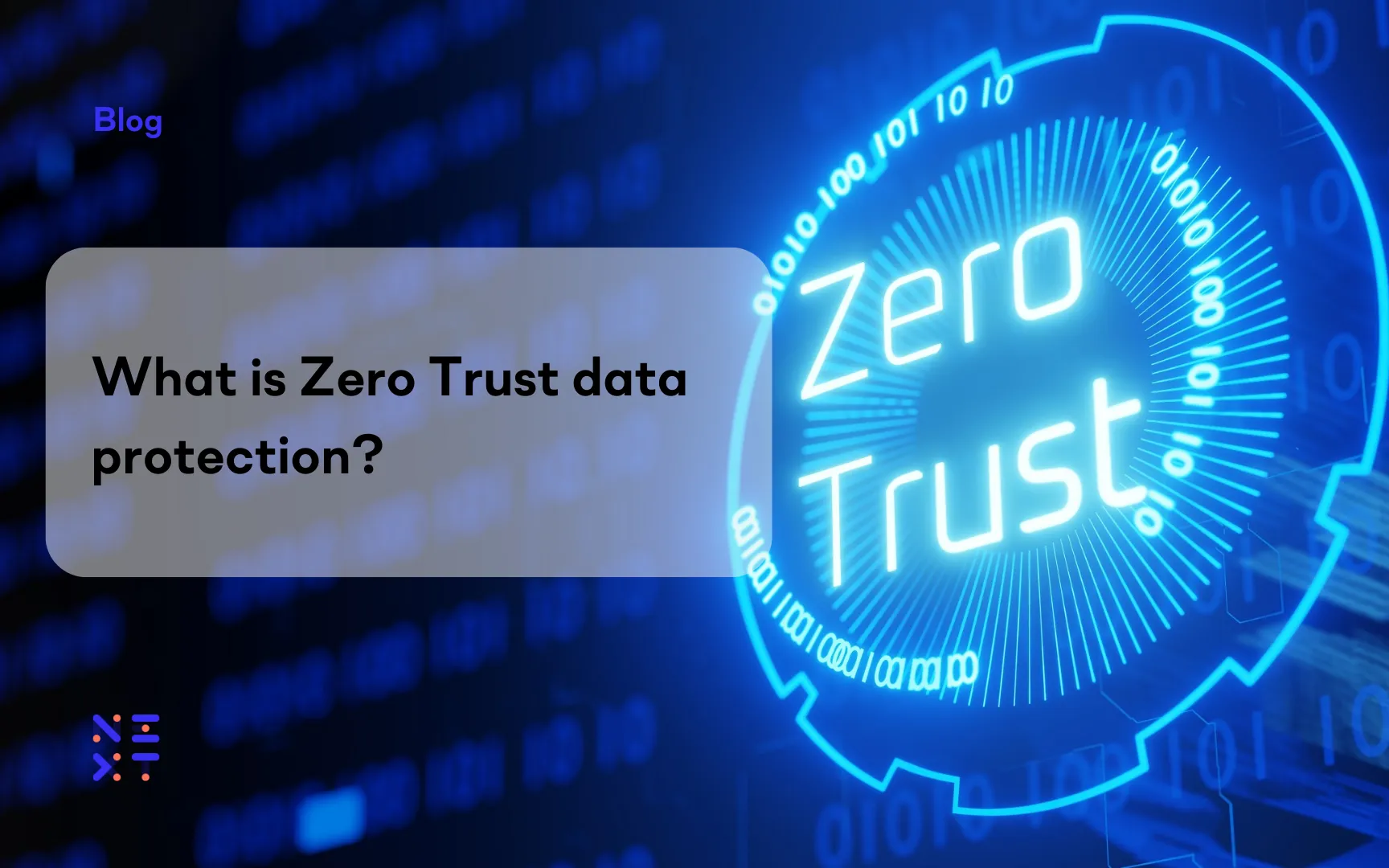
Blog

Resources

Resources
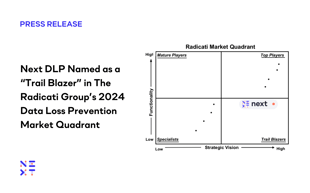
Resources

Resources
